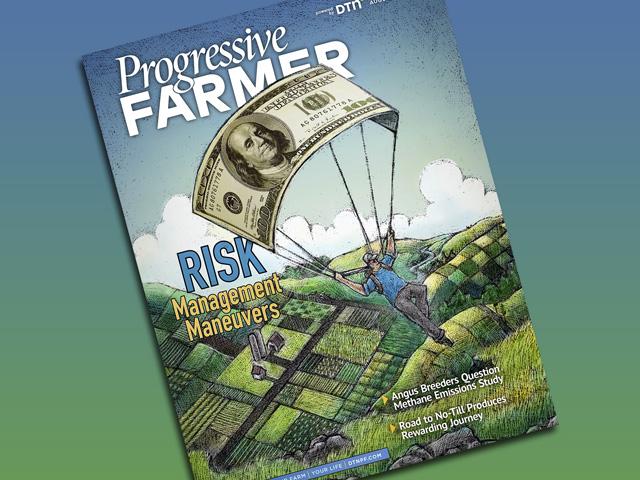World Shares Mixed, Oil Higher After Russia Price Cap Pact
(AP) -- World shares were mixed and oil prices rose Monday after the European Union and the Group of Seven democracies agreed on a boycott of most Russian oil and committed to a price cap of $60 per barrel on Russian exports.
Germany's DAX slipped 0.3% to 14,490.99 and the CAC 40 in Paris lost 0.2% to 6,728.57. Britain's FTSE 100 edged 0.1% higher, to 7,562.40. The future for the S&P 500 gave up 0.4% and the contract for the Dow future lost 0.3%.
U.S. benchmark crude oil picked up 55 cents to $80.53 per barrel in electronic trading on the New York Mercantile Exchange. It lost $1.24 to $79.98 per barrel on Friday.
Brent crude added 56 cents to $86.13 per barrel after Western countries on Monday began imposing the $60-per-barrel price cap and ban on some types of Russian oil.
P[L1] D[0x0] M[300x250] OOP[F] ADUNIT[] T[]
It was unclear how much Russian oil the two sanctions measures might remove from the global market, tightening supply and driving up prices. The world's No. 2 oil producer has been able to reroute much, but not all, of its former European shipments to customers in India, China and Turkey.
On Sunday, Saudi-led OPEC oil cartel and allied producers including Russia decided to not change their targets for shipping oil to the global economy. In October, the OPEC+ alliance opted to slash production by 2 million barrels per day starting in November, a cut that remains in effect.
In Asian trading, Hong Kong's benchmark jumped 4.5% to 19,518.29. The Shanghai Composite added 1.8% to 3,211.81.
Market players are betting that disruptions to manufacturing and trade will abate as Chinese authorities lift some of the most onerous restrictions imposed to contain outbreaks of the coronavirus, while saying their "zero-COVID" strategy -- which aims to isolate every infected person -- is still in place. The curbs have included lockdowns of neighborhoods or buildings, frequent mandatory testing and shutdowns of factories and other businesses.
China recently saw several days of protests across cities including Shanghai and Beijing as public frustration with the COVID-19 curbs boiled into unrest. Some demanded Chinese President Xi Jinping step down in an extraordinary show of public dissent in a society over which the ruling Communist Party exercises near total control.
Tokyo's Nikkei 225 climbed 0.2% to 27,820.40 and the Kospi in Seoul shed 0.6% to 2,419.32. In Sydney, the S&P/ASX 200 advanced 0.3% to 7,325.60. Shares fell in Mumbai but rose in Singapore and Taiwan. Thailand's markets were closed for a holiday.
Shares were mixed Friday on Wall Street as investors fretted over inflation after a report showed U.S. wages were accelerating. That revived worries that the Federal Reserve may not be able to ease back as much as hoped on its big interest-rate hikes.
The S&P 500 edged 0.1% lower and the Dow industrials gained 0.1%. The Nasdaq composite fell 0.2%.
Stocks have been on the upswing for the last month on hopes inflation may have peaked, allowing the Federal Reserve to dial down rate hikes that aim to undercut inflation by slowing the economy and dragging down prices for stocks and other investments.
But Friday's labor market report showed that wages for workers rose 5.1% last month from a year earlier. That's an acceleration from October's 4.9% gain and easily topped economists' expectations for a slowdown.
U.S. employers added 263,000 jobs last month. That beat economists' forecasts for 200,000, while the unemployment rate held steady at 3.7%. Many Americans also continue to stay entirely out of the job market, with a larger percentage of people either not working or looking for work than before the pandemic, which could increase the pressure on employers to raise wages.
Still, a growing number of economists are forecasting the U.S. economy will dip into a recession next year, mainly because of higher interest rates.
In currency dealings, the dollar fell to 135.31 Japanese yen from 134.39 yen late Friday. The euro rose to $1.0553 from $1.0540.



